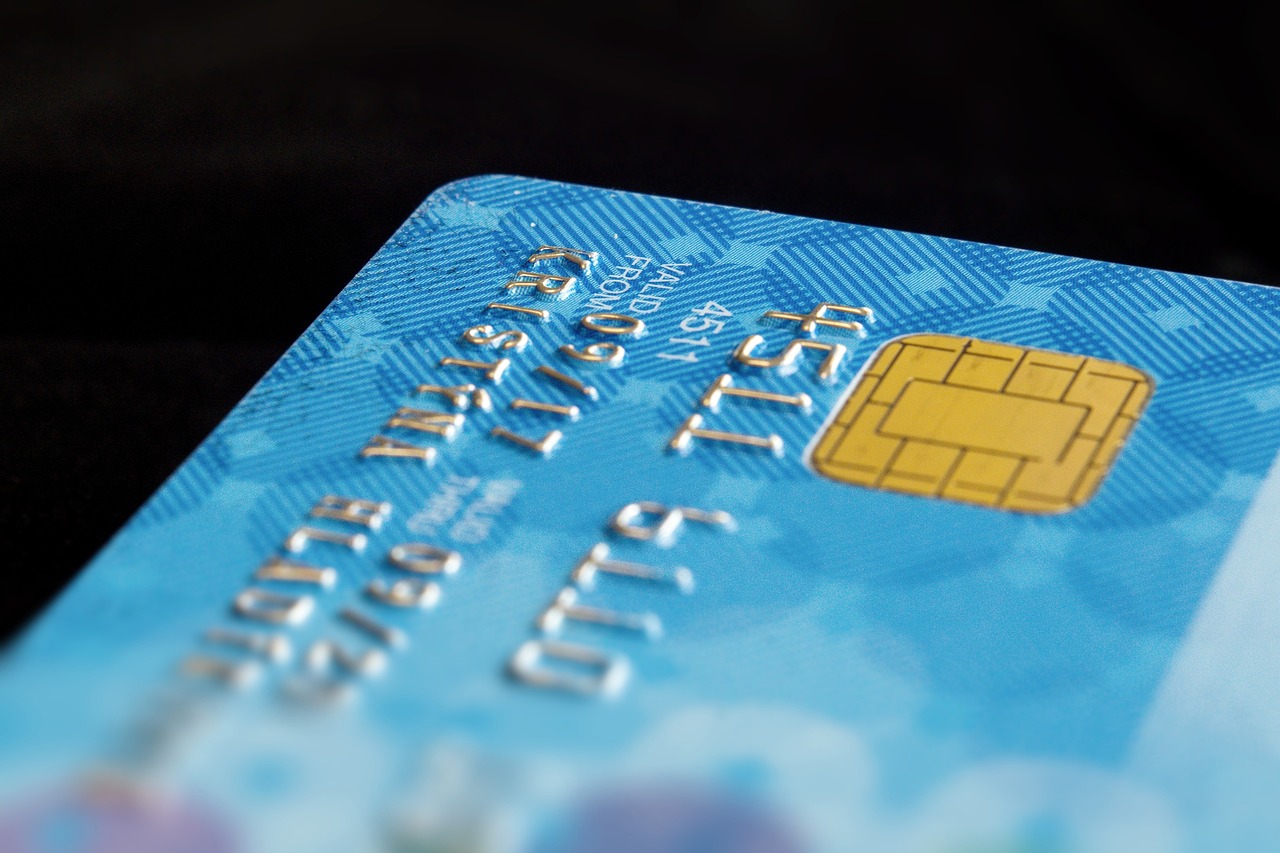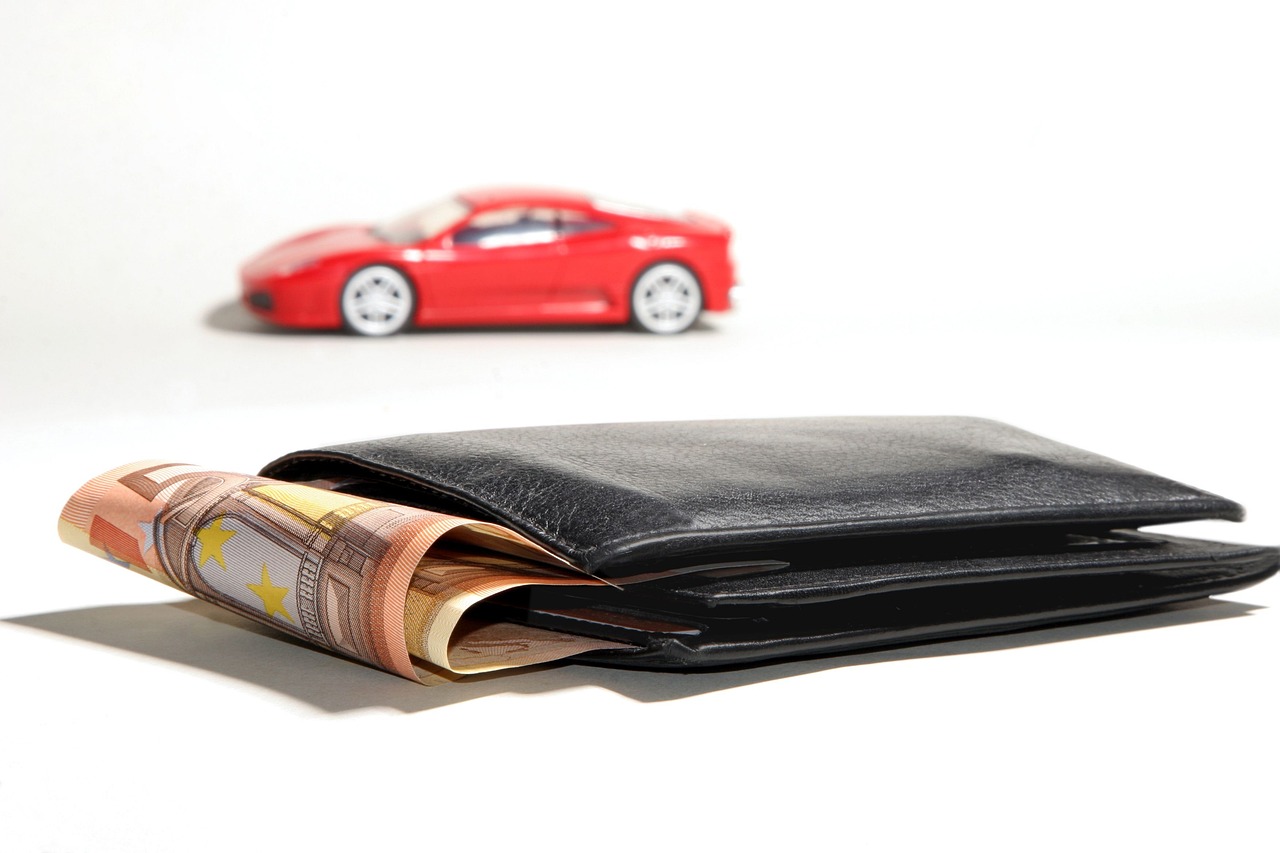How to Build Credit History (The Fastest Way)
Your credit history acts as your financial passport, borrowing habits, and repayment records. By managing your credit well, you open up opportunities to borrow money. Learning how to build your credit history is the first step toward qualifying for a credit card, car loan, and more.
But how do you get started? Fortunately, with a few simple tips and tricks, you can start building your credit history one payment at a time.
Understanding Credit History
Your credit report details your credit history – that is, how you’ve used credit in the past. It contains information like:
- The length of time you’ve borrowed money (based on the date you opened your account)
- Past or current credit card and loan balances
- Your payment history, including missed or late payments
- Public records like bankruptcies
Credit bureaus compile your credit history based on account information furnished by your creditors. They use this information to generate your credit score, a three-digit number between 300-850 that quantifies how you handle debt.
When you apply for credit, lenders use your credit reports to determine if (and how much) credit you qualify for. If you have a poor score or no history, they may choose to lend you less or no money.
Why Building a Good Credit History is Important
With a well-aged credit history and a good credit score, the more likely you are to be approved for loans and credit cards in the future. Typically, higher scores also qualify you for lower interest rates and higher credit limits.
Lenders aren’t the only ones who review your credit. Potential employers, landlords, and even utilities may check your credit to gauge your trustworthiness. As such, knowing how to build credit with no credit history is the first step toward many necessities in your life.
How to Build Credit History: 5 Ways to Start
Building credit from scratch requires patience. Taking on debt is one thing; establishing a pattern of on-time payments is another.
Here’s where to start.
- Get a Secured Credit Card
Secured credit cards help people with no or poor credit build their histories.
To open one, you put down a cash deposit – usually $200-$500 – that becomes your credit line. Then, you spend and make payments like usual to build credit and good habits.
If you don’t pay and default, the lender can seize your deposit. Otherwise, you’ll receive your deposit when you “graduate” to a better, unsecured card later.
- Become an Authorized User on Someone Else’s Credit Card
Another way to build credit is by piggybacking onto a friend or family member’s card as an authorized user.
Becoming an authorized user means that the primary cardholder’s spending and payment history will be reported on your credit report, too. You don’t even have to have your own card to benefit!
Caution: If the primary cardholder has high utilization or misses a payment, your credit can suffer, too.
- Take Out a Credit-Builder Loan
The primary purpose of credit-builder loans is to help you establish a credit history.
You start by taking out a loan (usually under $1,000), which the lender deposits into a special savings account that you can’t fully access yet. Then, as you make repayments, the lender reports your history to the credit bureaus.
After paying off your “loan,” you’ll receive the funds from the savings account and a boost to your credit score.
- Pay Bills on Time
We can’t talk about how to build a good credit history without discussing the basics: paying your bills.
Your payment history comprises about 1/3 of your credit score. That means that just making on-time payments on existing debt can raise your score over time.
There are some services that will even credit you for payments on rent and utility bills you report that aren’t automatically factored into your score.
- Make Small Purchases and Pay Them Off Quickly
You don’t need to buy a new car or house every time you want to pump up your score! You can build credit and avoid going into major debt by putting regular purchases on your cards. (Think gas, groceries, etc.) Then, pay off your balance in full as soon as it posts to avoid owing interest.
Best Practices for Maintaining Good Credit
After building a good credit history, you’ll want to protect it carefully. Even simple mistakes – like making a late payment – can drop your score and affect your ability to borrow money.
- Check Your Credit Report
You can check your credit report online at ScoreSense.
Look for errors, like late payments or accounts that aren’t yours, or any missing on-time payments you know you made.
“If you find incorrect items dragging down your score, then be sure you follow Chapter 2 in our Credit Secrets book
- Keep Low Credit Utilization
Your credit utilization compares how much you owe to your revolving credit limit (total limit on credit cards). If you owe $1,000 compared to a $10,000 credit limit, then your utilization is 10%.
The lower your credit utilization, the more favorably lenders view you. You’ll want to keep your utilization below 30% per card and overall – well under 10% is even better.
- Pay Off Debts on Time
If you really want to know how to build a credit history, paying off your debts is key. Lenders value on-time payments in full, and your payment history is a significant factor in your credit score.
If you can’t zero out your balance every month, at least try to make more than the minimum payment.
- Limit New Credit Inquiries
Generally, new credit inquiries only ding your score for a few months. But making too many inquiries too fast suggests that you may have cash flow problems.
Limiting your inquiries to the necessities helps keep your credit report clean and score high.
Common Mistakes to Avoid When Building Credit
Just like you can take steps to boost your score, you can also avoid actions that harm your score. When possible, try not to:
- Make late or missed payments. A single late payment can dent your score up to 100 points. Missing payments could eventually put you into default, and the lender may take legal action to recover their money.
- Keep high credit card balances. Lenders prefer borrowers who don’t overspend or “max out” their cards. Keeping a high balance month-to-month makes lenders nervous that you might not pay your debts.
- Apply for too many lines of credit at once. Seeking lots of credit fast suggests that you may have cash flow problems. Instead of tempting yourself to overspend, make reasonable credit inquiries only when you need credit.
How to Build Credit History with Expert Guidance from Credit Secrets
The secret to keeping a high credit score is consistent behavior, but first, you’ll have to figure out how to build a good credit history. Learn directly from industry-leading credit experts at creditsecrets.com to get you on the right track.








